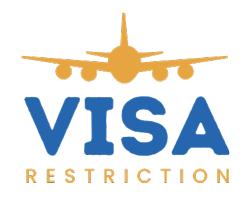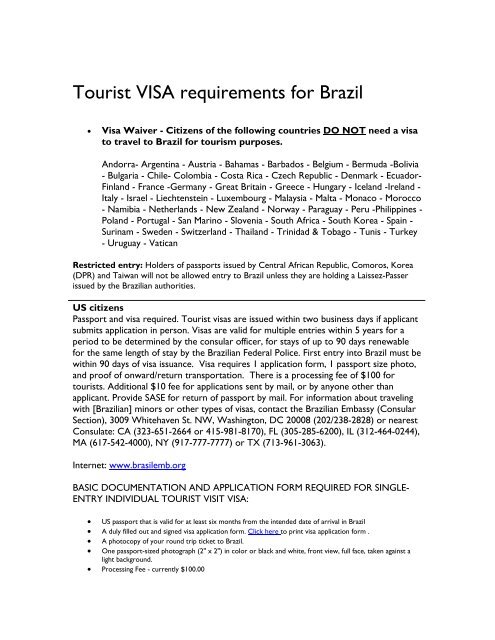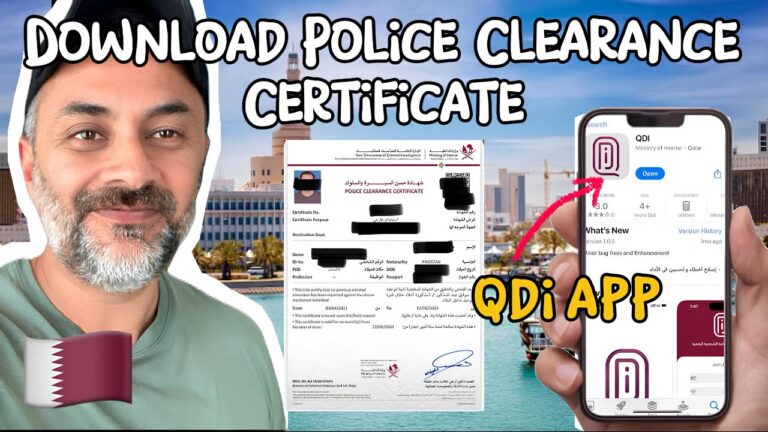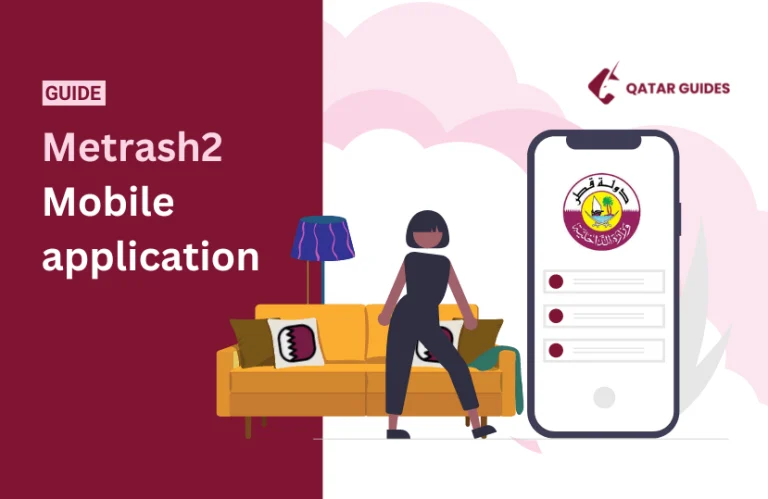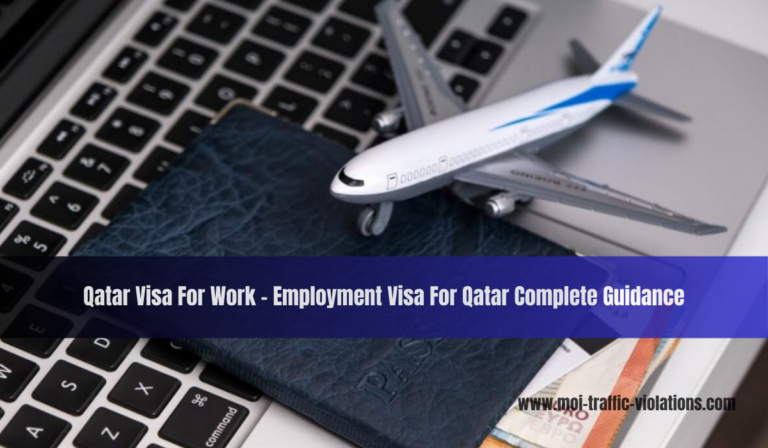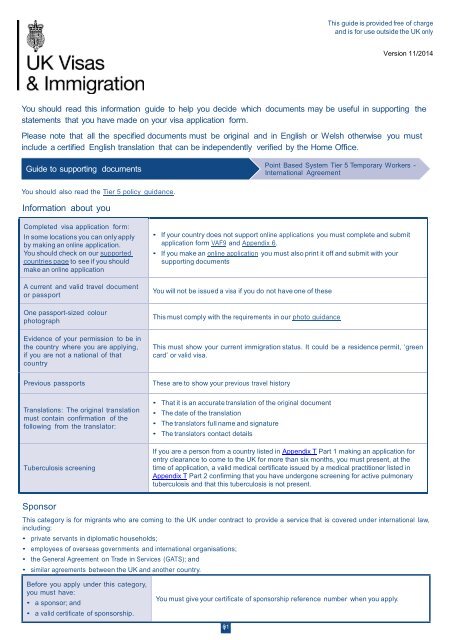Dream Destination Awaits: All About Indian Visa for US Citizens
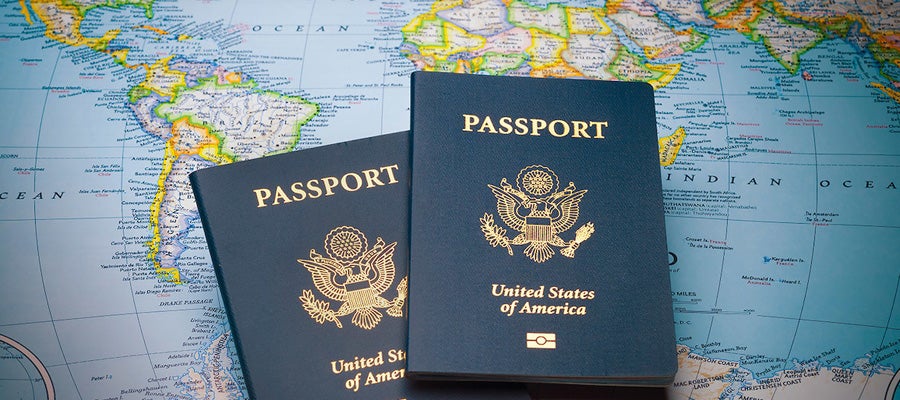
Understanding Indian Visa Requirements
Visa Waiver Program for US Citizens
While the Visa Waiver Program (VWP) allows U.S. citizens to travel to the United States without a visa for stays of 90 days or less for business or pleasure, the same does not apply for travel to India. Under VWP, you must have a round-trip ticket and are not permitted to extend your stay beyond the 90-day period U.S. Customs and Border Protection.
For travel to India, U.S. citizens need to apply for an appropriate visa. Various types of visas cater to different travel needs such as tourist, business, medical, etc. More details on specific visa categories can be found here.
Visa Processing Time for US Citizens
When applying for an Indian visa, it’s important to consider the processing time. The Government of India requires a minimum of three working days to process and issue a visa upon receipt of the application Indian Visa Online. However, processing times can vary based on the type of visa and additional verification requirements. Planning your application ahead of time will help avoid delays.
Here’s a quick overview of the visa processing times:
| Visa Type | Processing Time (Min) |
|---|---|
| Tourist Visa | 3 working days |
| Business Visa | 3 working days |
| Medical Visa | 3 working days |
For more detailed information on the various visa types, you may refer to our guide on types of Indian visas. If you need assistance during the application process, you can always reach out to the Indian Visa Helpline.
Taking the necessary steps to understand the visa requirements and processing times will ensure a smooth experience as you prepare for your journey to India. For specific details on applying for an e-Visa, visit applying for an e-Visa.
Types of Indian Visas for US Citizens
Visiting India as a US citizen involves understanding the different types of visas available. The e-Visa has become a popular choice due to its convenience and ease of application. This section delves into the various e-Visas for different purposes and their sub-categories.
e-Visas for Various Purposes
US citizens are eligible to apply for an e-Visa to India for multiple purposes, ranging from tourism to medical treatment. The application must be completed online at least four days before the date of arrival (Consulate General of India, San Francisco).
Available e-Visa Purposes:
- Tourism
- Business
- Medical Treatment
- Attending Conferences
- Practicing Yoga Programs
Each of these purposes caters to different activities and has specific requirements. For more detailed steps on how to apply, you can refer to our guide on Indian e-Visa process.
Sub-Categories of e-Visas
The e-Visa for India is further divided into multiple sub-categories, each with its own criteria and validity periods. Understanding these sub-categories will help you select the appropriate visa type for your visit.
| Sub-Category | Purpose | Validity |
|---|---|---|
| e-Tourist Visa | Tourism | 30 days, 1 year, 5 years |
| e-Business Visa | Business-related activities | 1 year (multiple entries) |
| e-Medical Visa | Medical treatment | 60 days (triple entries) |
| e-Medical Attendant Visa | Accompanying e-Medical Visa holder | 60 days (triple entries) |
| e-Conference Visa | Attending conferences | 30 days (single entry) (Consulate General of India, San Francisco) |
Key Points:
- e-Tourist Visa: This versatile visa is perfect for travelers who plan to explore India. It comes in three validity options: 30 days, one year, and five years.
- e-Business Visa: Ideal for individuals visiting India for business meetings, sales, or setting up business ventures. It is valid for one year and allows multiple entries.
- e-Medical Visa: For those requiring medical treatment in India, this visa is valid for 60 days and permits triple entries for the patient and attending medical appointments.
- e-Medical Attendant Visa: Designed for caregivers accompanying e-Medical Visa holders. The visa has the same validity and entry conditions as the e-Medical Visa.
- e-Conference Visa: Suitable for delegates attending conferences organized by government bodies or international organizations. It offers a 30-day validity with a single entry.
Be sure to look at our detailed pages on each visa type for more specific information, such as the Indian tourist visa, Indian business visa, Indian medical visa, and Indian conference visa. Understanding these sub-categories will help ensure you select the right visa for your trip to India.
Application Process and Fees
Understanding the application process for an Indian visa is essential to ensure a smooth and hassle-free experience. Below is a detailed guide on how to apply for an e-Visa and the associated fees.
Applying for an e-Visa
Applying for an e-Visa to India is a convenient and straightforward process. It involves the following steps:
- Visit the Official e-Visa Website: Start by visiting the official e-Visa website to begin your application.
- Fill in the Application Form: Complete the online application form with accurate personal details, travel information, and passport data.
- Upload Required Documents: Upload a recent photograph and a scanned copy of your passport. Ensure that these documents meet the indian visa photo requirements.
- Pay the e-Visa Fee: Make a payment using a credit or debit card. Note the additional 2.5% bank transaction charge.
- Receive e-Visa via Email: Once approved, the e-Visa will be sent to your email. Print a copy to present upon arrival in India.
For more details, check out our guide on the indian e-visa process.
Fee Structure and Bank Charges
The fee for an e-Visa varies depending on the type and duration of the visa. Below is a summary of the e-Tourist visa fees along with other related charges (Consulate General of India, San Francisco).
| Duration | Visa Type | Fee (US$) | Bank Transaction Charge (2.5%) |
|---|---|---|---|
| 30 Days | e-Tourist Visa | $10.00 | $0.25 |
| 1 Year | e-Tourist Visa | $40.00 | $1.00 |
| 5 Years | e-Tourist Visa | $80.00 | $2.00 |
The table above shows the basic fee structure for e-Tourist visas. Note that other visa types (e.g., e-Business Visa, e-Medical Visa) have different fees. The fees must be paid at least four days before your intended travel date to avoid any delays.
For accurate and updated information on fees, you can visit the indian visa fees page.
Additional Costs and Emergency Services
If you need to visit India due to a family emergency, in-person applications can be submitted with prior appointment and documentary evidence. An emergency service fee will be applicable for these cases (Consulate General of India, New York).
By understanding the application process and being aware of the fees, you can ensure a smooth experience when applying for an Indian visa. For more information on related topics, you can explore our guides on indian visa requirements and apply for indian visa online.
Essential Documentation for Indian Visa
When applying for an Indian visa for US citizens, ensuring you have the necessary documentation is crucial. This section will highlight the primary documents required, including a valid passport and proof of return travel and funds.
Valid Passport Requirement
One of the fundamental requirements for an Indian visa is a valid passport. Your passport must meet the following criteria as specified by the Consulate General of India, New York:
- Minimum Validity: Your passport should be valid for at least six months from the date of your intended arrival in India.
- Blank Pages: It must contain at least two blank pages for stamping by the immigration officer.
These requirements ensure that your passport can accommodate necessary visa stamps and that it remains valid for the duration of your stay in India.
For more details on the passport requirements, you can refer to the indian visa documents checklist.
Proof of Return Travel and Funds
In addition to a valid passport, you must provide proof of your return journey and demonstrate that you have sufficient funds for your stay in India (Consulate General of India, San Francisco):
- Return or Onward Travel Ticket: A booked return or onward travel ticket is mandatory. This ticket should confirm that you intend to leave India before the expiration of your visa.
- Adequate Funds: Proof of adequate financial means to support yourself during your stay in India must be provided. This can be demonstrated through bank statements, pay stubs, or sponsorship letters.
The table below summarizes the essential documentation needed for an Indian visa:
| Documentation | Requirements |
|---|---|
| Passport | Minimum six-month validity, two blank pages |
| Return or Onward Travel Ticket | Confirmed booking |
| Proof of Funds | Bank statements, pay stubs, sponsorship letters |
Having these documents prepared will help ensure a smoother visa application process. For more information on the Indian visa application procedure, check out our guide on indian visa application process.
By understanding and fulfilling these essential documentation requirements, you can make your travel to India more seamless and enjoy your journey without unnecessary delays. If you have any further questions, feel free to consult the indian visa helpline for assistance.
Visa Regulations and Stipulations
When planning your trip to India, understanding the various visa regulations and stipulations will help ensure a smooth entry. This section covers important details about the requirements for biometric details, entry restrictions, visa validity, and conditions that apply to U.S. citizens.
Biometric Details and Entry Restrictions
Upon arrival in India, biometric details, including your fingerprints and a photograph, will be collected at immigration. This applies to all e-Visa holders. It’s important to note that the e-Visa is non-extendable, non-convertible, and not valid for visiting protected/restricted and cantonment areas (Consulate General of India, San Francisco).
If you are traveling from a country affected by Yellow Fever, you must carry a Yellow Fever Vaccination Card. Failure to present this vaccination card may result in quarantine or denial of entry. For more details, you can visit the Indian Tourist Visa section for travelers from affected regions.
Visa Validity and Conditions
The validity of your Indian visa and the conditions attached to it are critical to ensuring compliance with immigration rules. The issued visa must be valid at the time you seek entry into India and must remain valid during your stay.
| Visa Type | Validity Period |
|---|---|
| Tourist e-Visa | 60 days |
| Business e-Visa | 60 days |
| Medical e-Visa | 60 days |
Source: Consulate General of India, San Francisco
Multiple entries are permitted within the validity of the visa. However, admission cannot be sought for purposes other than those specified in the visa. For detailed information on different visa types, refer to the Types of Indian Visas section.
Keep in mind that the e-Visa is:
- Non-extendable
- Non-convertible
Any attempt to misuse the visa for purposes other than those specified may result in penalties or deportation. Ensure you stay updated with the latest visa rules by checking resources like the Indian Embassy in Washington D.C., as regulations can change frequently.
For more information on visa validity and entry conditions, visit our comprehensive guide on Indian Visa Validity Period.
Additional Considerations for Visa Holders
Processing Time for OCI Applications
Processing time for a new OCI (Overseas Citizens of India) application at the Consulate General of India in Atlanta is typically 5-6 weeks (Consulate General of India, Atlanta). For re-issuance or updating of OCI Cards, the timeframe extends to 6-7 weeks, given necessary clearances from the Ministry of Home Affairs (MHA). U.S. citizens of Indian origin can apply for an OCI card, which enables indefinite travel to and from India. The OCI card also allows individuals to work, study, and own property in India (excluding certain agricultural properties) (Travel.State.Gov).
| Application Type | Processing Time |
|---|---|
| New OCI Application | 5-6 Weeks |
| OCI Card Re-issuance | 6-7 Weeks |
For detailed information on the application process, you can visit our guide on applying for an Indian visa online.
Registration Requirements in India
Foreign nationals, including those of Indian origin, who are visiting India on long-term visas (Student Visa, Medical Visa, Employment Visa) exceeding 180 days, must register with the Foreigners Regional Registration Officer (FRRO) or Foreigners Registration Officer (FRO) within 14 days of arrival. This also applies to Business Visa holders if their aggregate stay in India surpasses 180 days in a calendar year (Consulate General of India, New York).
| Visa Type | Registration Requirement |
|---|---|
| Long-term Visas (>180 days) | Register within 14 days of arrival |
| Business Visa (>180 days in a calendar year) | Register if stay exceeds 180 days |
Failure to register within the specified timeframe can result in fines and penalties. FRRO offices are located in major cities like New Delhi, Mumbai, Chennai, Hyderabad, and Kolkata (Travel.State.Gov). For more details on registration, visit our page on Indian visa requirements.
Understanding these additional considerations ensures that your trip to India goes smoothly without any legal or administrative hiccups. For more tips, check out our article on tips for straightening curly hair.
